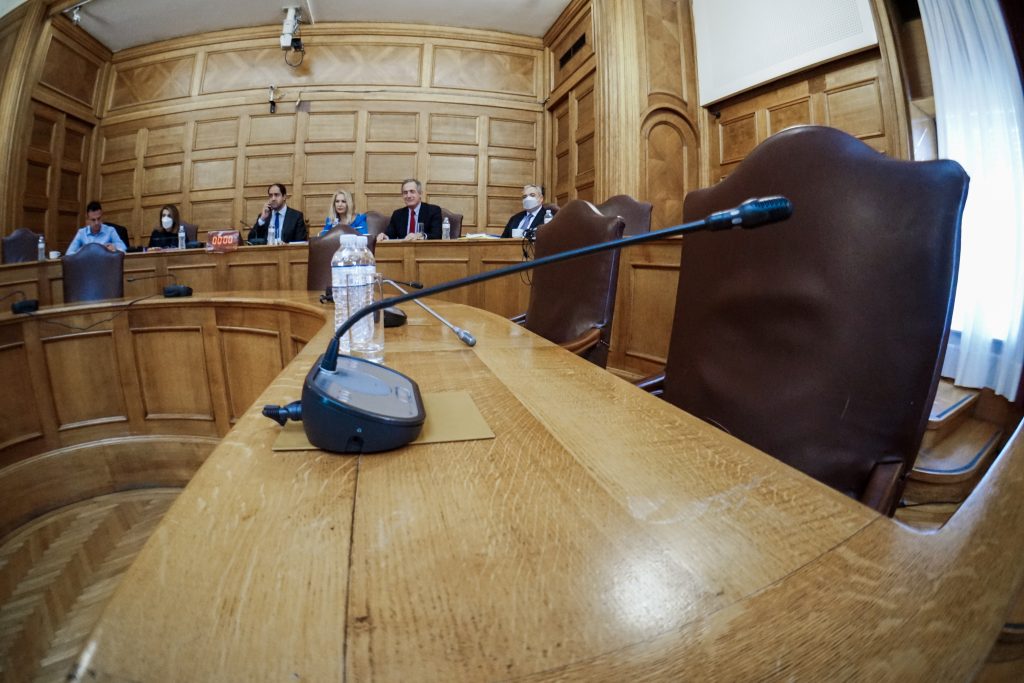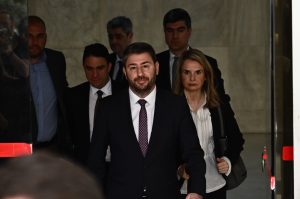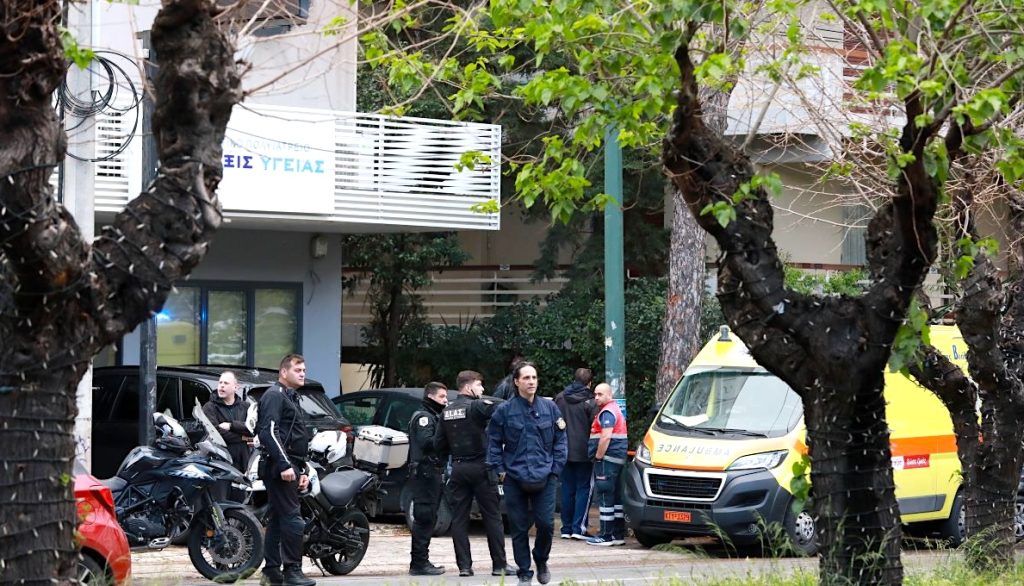The curtain came down yesterday on the wiretapping investigation with the presentation of a 300-page concluding report which, as people familiar with every aspect of the case file stress, “raises more questions than those the two-year judicial process relating to the case set out to answer”, and without the victims ever being informed why they were put under surveillance by the National Intelligence Service (NIS).
With the investigation now shelved, the government considers the matter officially closed, having successfully defended itself against allegations that have dogged it since the summer of 2022, generating controversy both at home and abroad. However, on the domestic front at least, it is doubtful the issue will be laid to rest, as the Opposition is alleging a cover-up which, over and above its criminal dimensions, strikes at the heart of the Rule of Law and impinges upon constitutionally protected rights.
As for those targets who were subject to dual surveillance—by both the malicious Predator spyware and by the NIS following the lifting the confidentiality of their communications—, some are considering pursuing further legal action, with their sights set on the European Court of Justice in Strasbourg. The President of PASOK, Nikos Androulakis, has already appealed to the European Court of Human Rights (ECHR), requesting the enforcement of the recent Council of State decision I his favor, but he has yet to be informed why he was subjected to surveillance by the NIS.
Representatives of private companies in the dock for a misdemeanor
Three conclusions emerge from the information provided by the Prosecutor’s Office:
– The Justice Department’s investigation, which the announcement describes as exhaustive, did not reveal anything to connect the NIS, Hellenic Police or Counter-Terrorism Squad with the Predator spyware and the alleged illegal surveillance of politicians, state officials, journalists and others.
– The case regarding the NIS and other state agencies and individuals who served in key positions vis-a-vis the NIS has been shelved by both Deputy Prosecutor Achilleas Zisis, who submitted a 300-page concluding report, and Supreme Court prosecutor Georgia Adeilini, who agreed with her colleague’s conclusions.
– With regard to the provisions relating to the lifting of the confidentiality of communications issued by the former NIS prosecutor Vasiliki Vlachou, the legal procedures were followed to the letter.
So ultimately, all that remains of the entire wiretapping case is a single misdemeanor for the violation of the privacy of communications. Now private-sector businessmen will be put on trial for the act attributed to them, probably in the next judicial year.
Specifically, according to the prosecutor’s conclusion, four persons, representatives of companies who were involved in one way or another with the malware, are to be prosecuted, but for a misdemeanor due to the application of the more lenient law enacted in 2019 under the SYRIZA government. These individuals, who were called in for questioning as suspects during the criminal investigation, have denied any criminal involvement in the case under investigation.
How the Justice system ended up shelving the case against the NIS
The Prosecutor’s Office of the Supreme Court weighed up the testimonies of all the plaintiffs who provided testimony as witnesses—more than forty witnesses in all, including politicians; journalists; representatives of cellphone companies; directors. deputy directors and other members of the NIS over the past decade; members of the Hellenic Authority for Communications Security and Privacy (ADAE) and the National Transparency Authority (NTA); officers who occupied high-ranking posts in the Hellenic Police, the Information Management and Analysis Directorate, Financial Crimes Directorate, Cybercrime Unit etc. in recent years.
The findings were evaluated by three independent Authorities—the Hellenic Data Protection Authority, the Hellenic Communications Security and Privacy Authority and the National Transparency Authority—which conducted investigations and on-site inspections at public bodies, the Ministry of Citizen Protection, the Hellenic Police, the NIS, as well as companies, and submitted their reports and findings.
At the same time, the Prosecutor’s Office took into account the replies to two requests for judicial assistance made to the US and Swiss judicial authorities. The prosecutor’s conclusion notes that all the requests made by the parties involved had been met, including the court-ordered analysis of the NIS files, which was conducted by two court experts in the presence of Achilleas Zisis.











